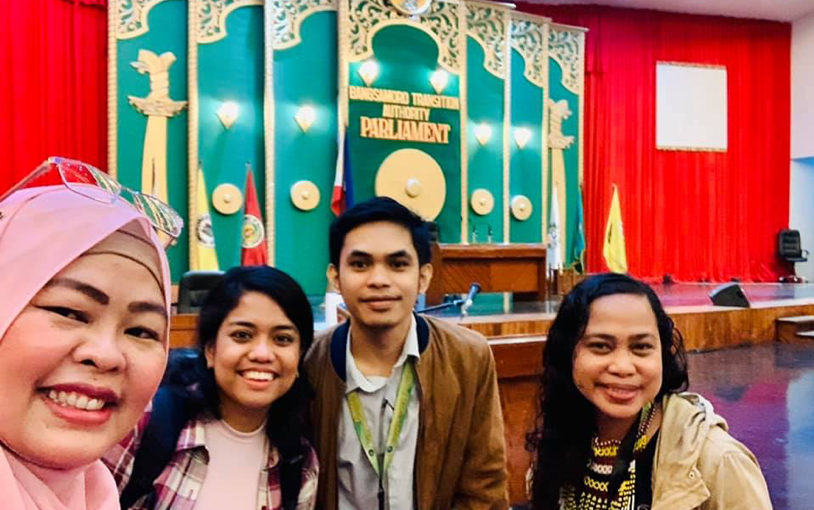by: Novita L. Kumala
When MP Maisara Dandamun Latiph informed me that my internship would entail frequent travel to Cotabato City, Maguindanao, and Marawi City, Lanao del Sur, I said yes excitedly. I also could not shake my latent worry about traveling to Marawi City.
Marawi was once a thriving, picturesque city on a lake, and capital city to the Province of Lanao del Sur in the Philippines. Unlike the rest of the Filipino population, the majority of the people within Bangsamoro Autonomous Region in Muslim Mindanao (BARMM), including Marawi, are Muslim. Hence, Marawi is also formally known as the Islamic City of Marawi, distinguishing itself within the Christian majority state of the Philippines.
My concern for travel to Marawi was due to the highly publicized Marawi Siege back in 2017. On May 23, 2017, Marawi was attacked and then overtaken by an ISIS-affiliated group known as the Maute group. The battle between Maute and the Armed Forces of the Philippines lasted five months, leaving a considerable portion of old-town Marawi in ruins and people fleeing for refuge.
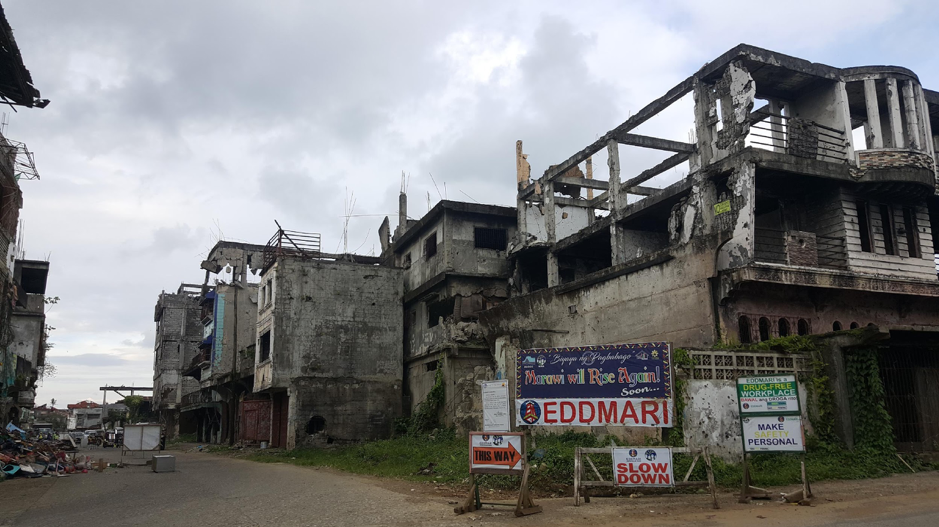
Having now visited the city several times as a part of my six-month field immersion project, here is a glimpse of the story of Marawi from my observation.
About my peacebuilding internship
I am currently the legal researcher for Attorney Maisara Dandamun Latiph, one of the 80 members of Bangsamoro parliament. She is a lawyer and one of the drafters of the Bangsamoro Organic Law, a Philippine law that provided for the establishment of the political entity currently known as the BARMM. She is appointed by the President.
In my role, I attend parliamentary sessions and listen to their debates on various issues, ranging from the dengue and polio outbreaks to Department of Public Works projects and annual budget planning. I then research issues for MP Maisara based on what the office needs and assist with the drafting of various documents from letters to resolutions to draft bills.
During our onboarding process, MP Maisara briefed me on several of her priority legislative issues, which ranged from education and Islamic banking to lake conservation and protection of vulnerable populations.
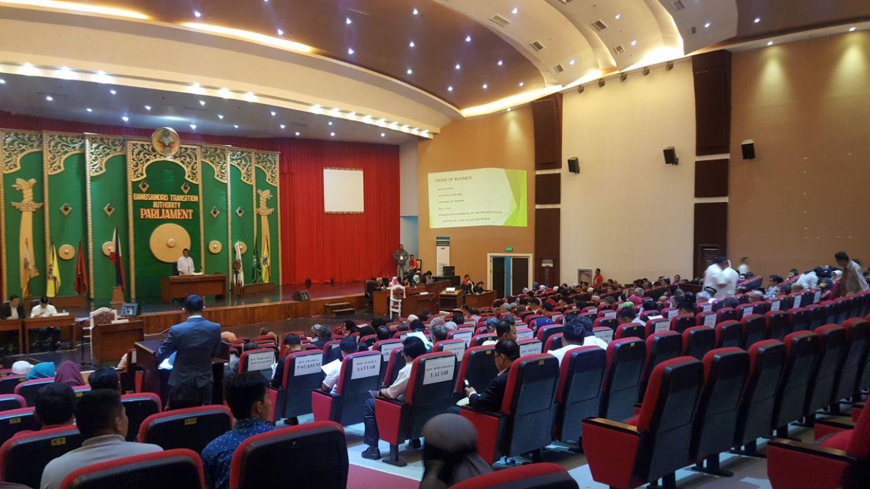
Focus on Lake Lanao
As a member of parliament, one of the legislative priorities of MP Maisara is the rehabilitation and conservation of Lake Lanao. As a native Meranao, she has a cultural attachment to the lake, in part because the Meranao people derive their name from it. “Ranao” or “Ranaw” within the Meranao local vernacular means “lake,” so “Meranao” means “people of the lake.”
Numerous articles and pieces of research have highlighted the plight of Lake Lanao due to unsustainable water use by various stakeholders and industries, including the power industry, local agriculture, household wastewater from the surrounding settlement area, and, more recently, effects of the Marawi siege. Even hydropower plants, despite championing their cause as “green” and low carbon, pose a danger to the lake’s water balance and biodiversity. Compounded by the threat of climate change, there is a looming threat that the lake and its water tributaries will go dry.
If that happens, what happens to the Meranao people? What will the people of the lake become without their namesake?
My first visit to Marawi City was to assist MP Maisara in hosting her first-ever public consultation on the issue of Lake Lanao rehabilitation and conservation. Participants agreed that the best next step would be to establish a Lake Development Authority overseeing the conservation and sustainable use of the lake’s various resources. Since then, we have had several meetings with a technical working group to formulate a better bill, which establishes a Development Authority.
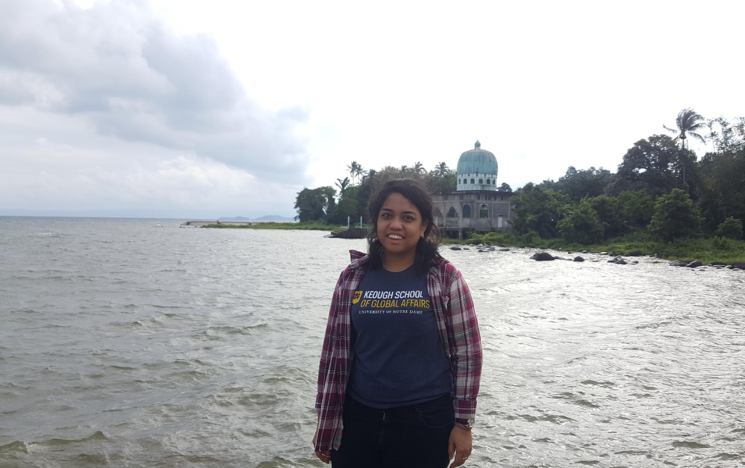
Marawi City: Now
It has been two years since the siege ended. Yet, the scars and trauma run deep for the people, even for Marawi residents used to the sound of daily gunshots from feuding clans. Marawi residents who lived in the most affected areas cannot return to their homes because the city is still closed and has not yet been rebuilt. The process of cleaning the improvised explosive devices (IEDs) and demolition of some of the buildings is still on-going.
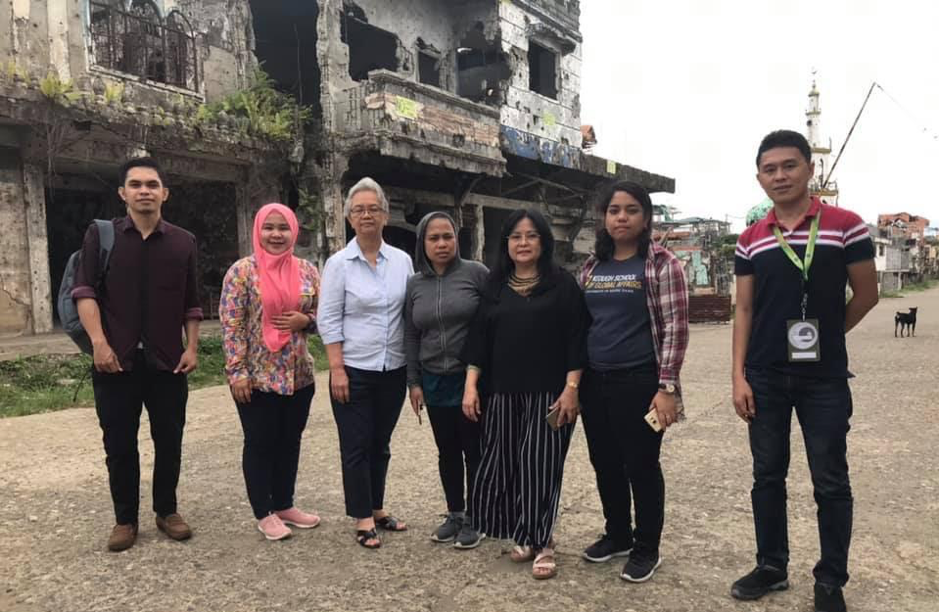
Even those who did not live in the most affected area have left the city to settle in Iligan City or Cagayan de Oro. The memory of that day still haunts them.
Marawi Rehabilitation: Opportunity?
The process of Marawi rehabilitation and protection of Lake Lanao showcases an obvious opportunity for a better and more sustainable development plan.
When it comes to post-conflict environmental peacebuilding, water has long been vital for building sustainable peace and for providing immediate societal benefits. I think Marawi and its proximity to Lake Lanao represent what long-term post-conflict peacebuilding should look like.
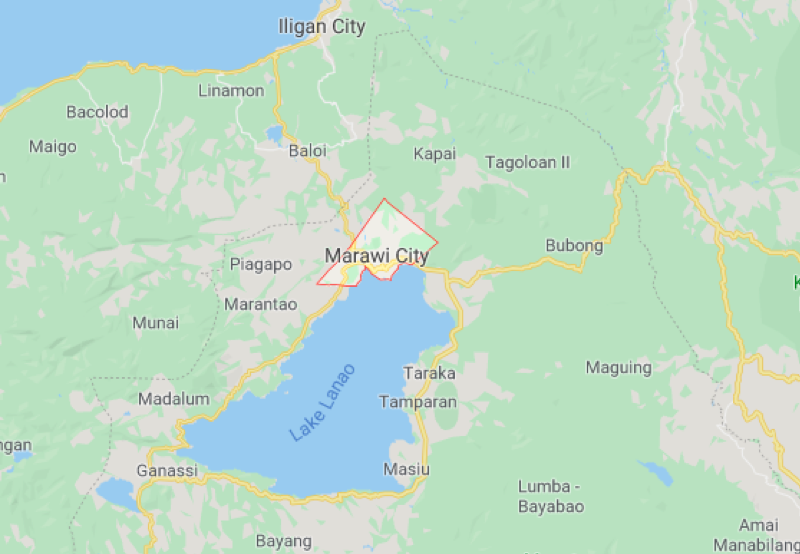
The emerging notion in environmental peacebuilding is that by taking environmental issues into post-conflict peacebuilding policies it will contribute to sustainable peace. Instead of making the environment an afterthought in constructing post-conflict and development plans, the environment needs to be at the foundation of the framework. The logic goes as follows: sound environmental governance, legislated and implemented during the transition period, will contribute to sustainable and lasting peace to minimize conflict over resources.
I hope that the people, the Government of Philippines, and the Bangsamoro Government do not fall into the common trap of sacrificing the environment in exchange for short-term economic development. Long-term planning is more crucial, as the threat of climate change is no longer near but here already. An integrated approach to the environment, conflict, and peace are imperative for the Government’s program and policy as well as incoming development projects to the area.
Multidisciplinary Approach in the Future
Environmental peacebuilding draws its body of knowledge from various disciplines. In this particular case, from environmental conservation, structural-institutional change, and post-conflict peacebuilding (trauma healing, etc.). As students of the Keough School, we will encounter more complex challenges upon graduation nowadays, especially problems exacerbated by climate change. With its interdisciplinary approach and mix of several concentrations, hopefully the Keough School can prepare students for challenging circumstances like these.
For me, Marawi rehabilitation represents the complexity and scale of challenges that environmental, peacebuilding, and development actors will increasingly face.

